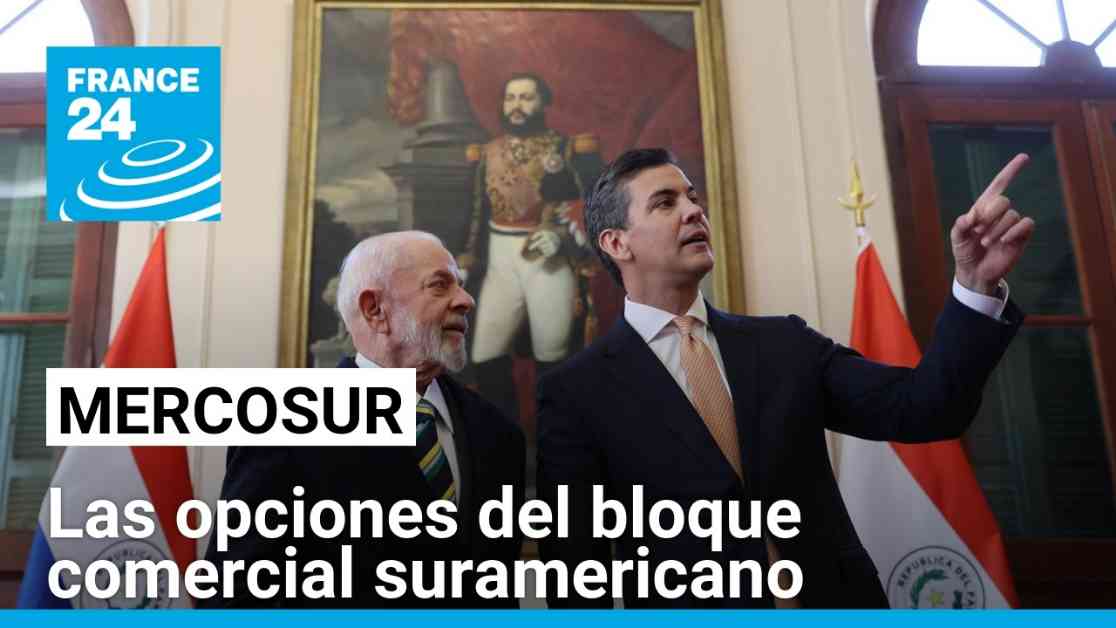The Mercosur countries gathered for four days with the aim of strengthening regional integration, at a time when differences between some of its members are growing. The meeting in Asunción was attended by Bolivia as a member country, following its recent accession, and Panama as an invited country. The notable absentee was the president of Argentina, Javier Milei, who decided to decline his participation to attend an ultra-right convention in Brazil instead. The meeting was marked by the debate on the need for new trade horizons, including China, due to the stalled agreement with the European Union.
The four-day summit in Paraguay of Mercosur, an economic bloc composed of Brazil, Argentina, Paraguay, and Uruguay, recently joined by Bolivia, lasted four days. The absence of the Argentine president, Javier Milei, was significant as a leader from that country had not been absent from these meetings since 2002. However, Panama did attend the meeting as an observer state, in order to seek strategic partnerships and also to request its accession to the bloc. The internal differences in the way the economic group is being led have been evident at the meeting and in the months leading up to it, especially between the current governments of Argentina and Brazil.
Where is Mercosur heading?: towards a voracious economy, as Milei demands, or away from ultra-liberalization, as Brazilian president Luiz Inácio Lula da Silva defends. To analyze the situation, we are joined by:
– Adolfo Mendoza, Vice President of the Mercosur Parliament and architect of Bolivia’s accession to the bloc.
– Nicolás Pose, professor and researcher in international political economy at the University of the Republic in Uruguay.
The future of Mercosur is at a crossroads, balancing the push for market growth with the need for liberalization. The recent developments and discussions within the economic bloc highlight the challenges and opportunities that lie ahead for its member countries. As countries like Bolivia seek to strengthen their ties with Mercosur, the dynamics of the group are evolving, requiring careful consideration of diverse perspectives and approaches to ensure sustainable growth and integration in the region. It remains to be seen how Mercosur will navigate these complexities and chart a course that fosters economic development while maintaining a balance between market expansion and liberalization.





